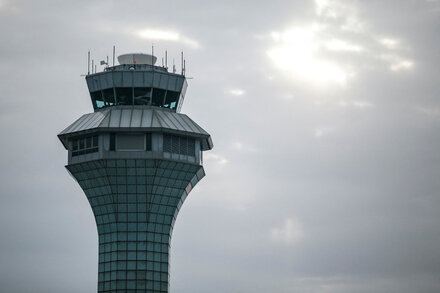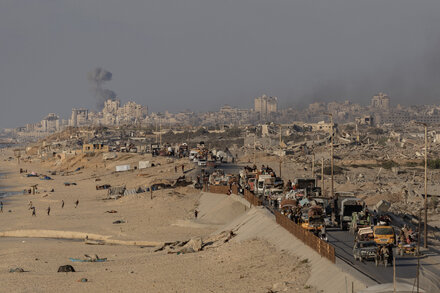CARACAS, VENEZUELA – Tensions in the Caribbean have escalated following a significant increase in U.S. counter-narcotics operations, which have included the interdiction and disabling of vessels suspected of drug trafficking. Inside Venezuela, these actions have been met with strong condemnation from the government, fueling a narrative of foreign aggression and a heightened sense of national defense.
The U.S. military, primarily the Coast Guard and Navy, intensified its presence in the Caribbean Sea in April 2020 as part of an expanded anti-narcotics mission. U.S. officials stated the objective was to disrupt the flow of illegal drugs, particularly cocaine, from South America to international markets, often transiting through Venezuelan waters or using its coastline.
Venezuelan Government’s Stance
In Caracas, the Venezuelan government swiftly denounced the U.S. operations as a violation of its sovereignty and a provocative act. High-ranking officials accused Washington of using the fight against drugs as a pretext for military aggression and an attempt to destabilize the nation. State media amplified this message, portraying the U.S. presence as a direct threat to Venezuela’s territorial integrity and sovereignty.
“We condemn in the strongest possible terms this escalation of military presence and these aggressive actions in our waters,” a Venezuelan government spokesperson stated in April 2020. “This is not about fighting drugs; this is about an illegal blockade and an attempt to intimidate our people and undermine our constitutional government. Venezuela will defend its sovereignty with all necessary means.”
The Venezuelan Ministry of Defense announced increased patrols by its own naval and air forces in what it considers its territorial waters, warning against any unauthorized incursions. Public discourse, largely shaped by state-controlled media, framed the U.S. operations as part of a broader, long-standing campaign of hostility against Venezuela, further cementing anti-U.S. sentiment among loyalist segments of the population.
On-the-Ground Atmosphere
The heightened tensions contributed to an atmosphere of uncertainty and vigilance within Venezuela. While daily life for many citizens, already grappling with severe economic challenges and the COVID-19 pandemic, continued with existing difficulties, the official rhetoric sought to rally national unity against external threats. News reports and government statements frequently highlighted the alleged dangers posed by the U.S. military presence, often without specifying the nature or location of the interdicted vessels.
For its part, the U.S. Southern Command reiterated that its operations were focused solely on combating transnational organized crime and drug trafficking, not on any direct military confrontation with Venezuela. U.S. officials emphasized that the operations were in international waters and in accordance with international law.
“Our mission is clear: to stop the flow of illicit narcotics that fund criminal organizations and destabilize the region,” a U.S. defense official commented at the time. “These operations are about law enforcement, not about any particular government. We operate with full respect for international law and partner nations.”
The expanded operations, however, coincided with U.S. indictments against several high-ranking Venezuelan officials, including President Nicolás Maduro, on narco-terrorism charges. This added another layer of complexity to the situation, with Caracas viewing the maritime actions as an extension of the broader U.S. pressure campaign against its leadership.
As the U.S. continued its counter-narcotics efforts, Venezuela maintained its firm stance, asserting its sovereign rights and condemning what it described as an unwarranted show of force in its vicinity, ensuring the issue remained a focal point of national discourse and international diplomacy.
Source: Read the original article here.





